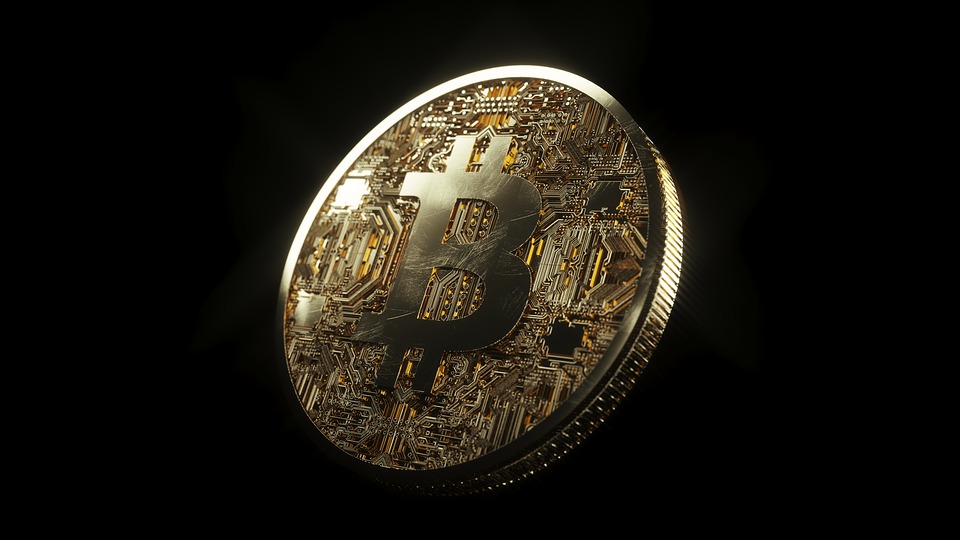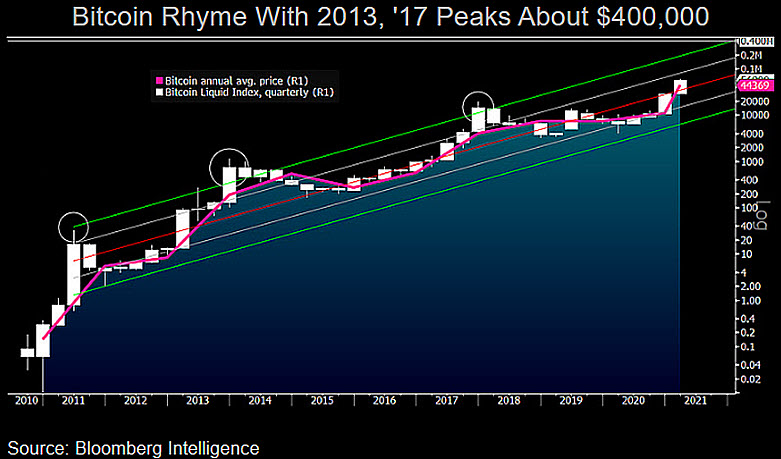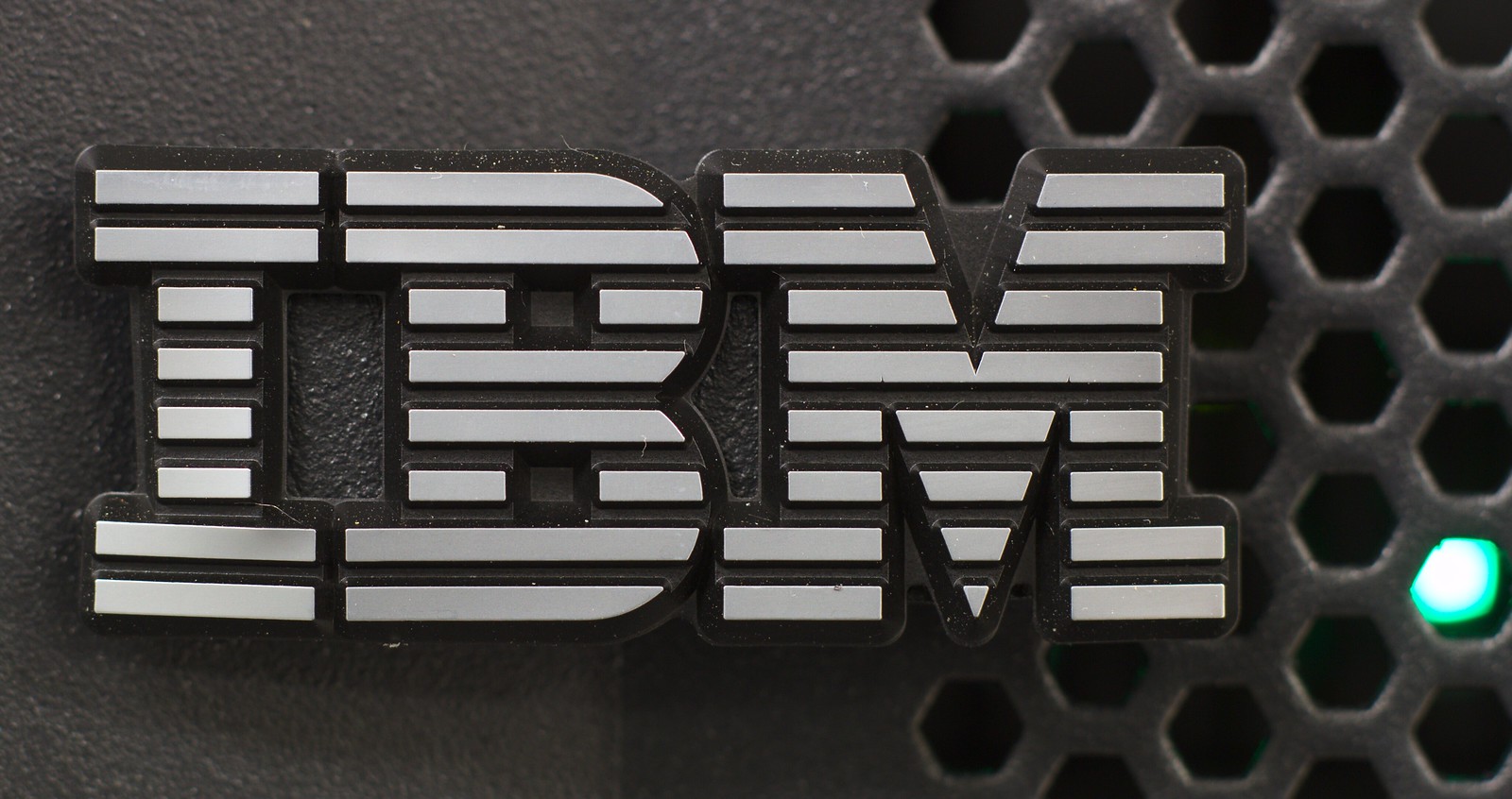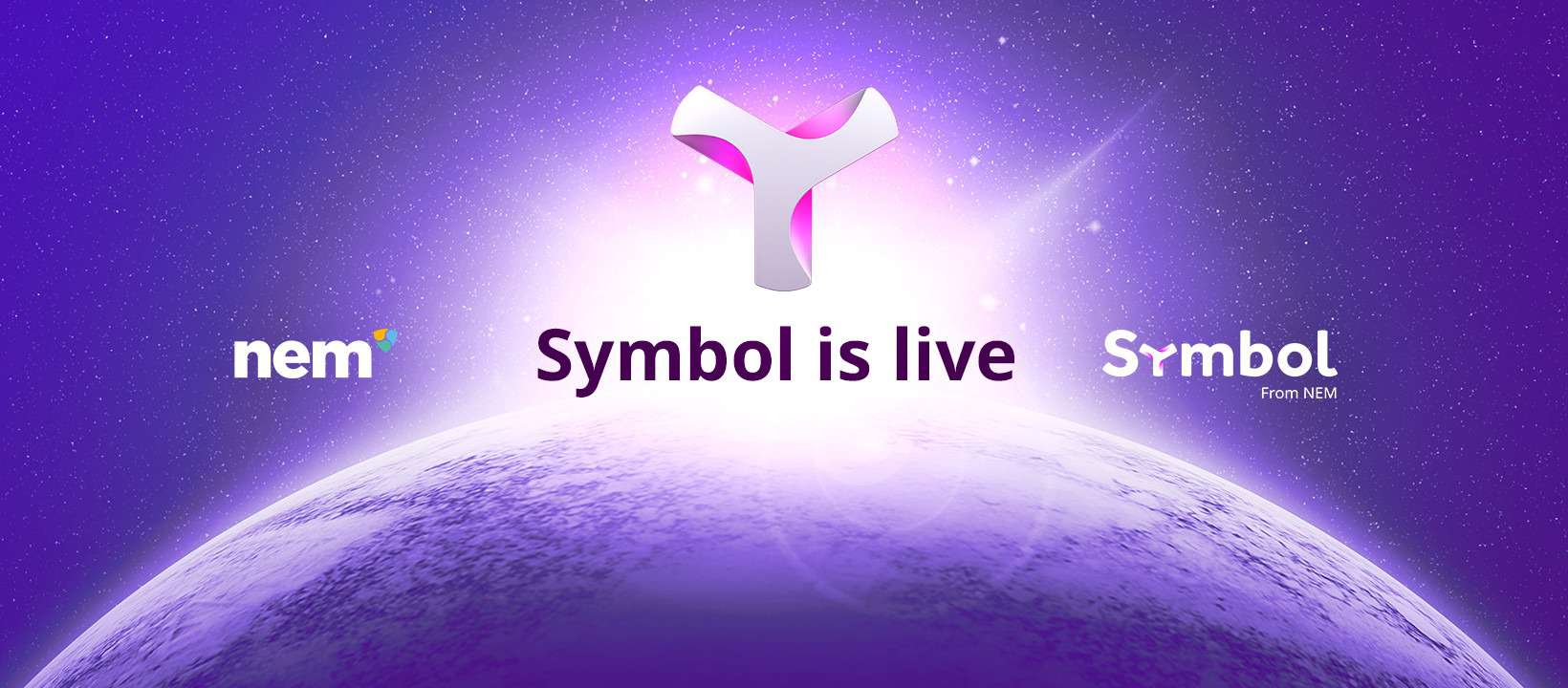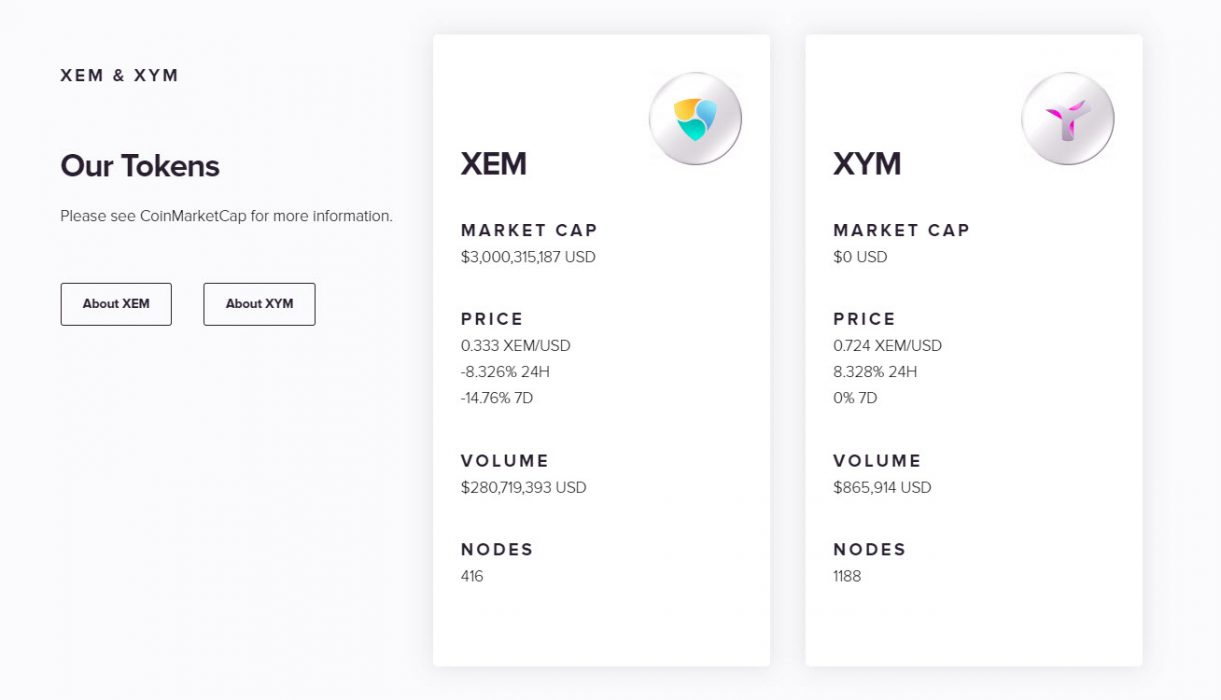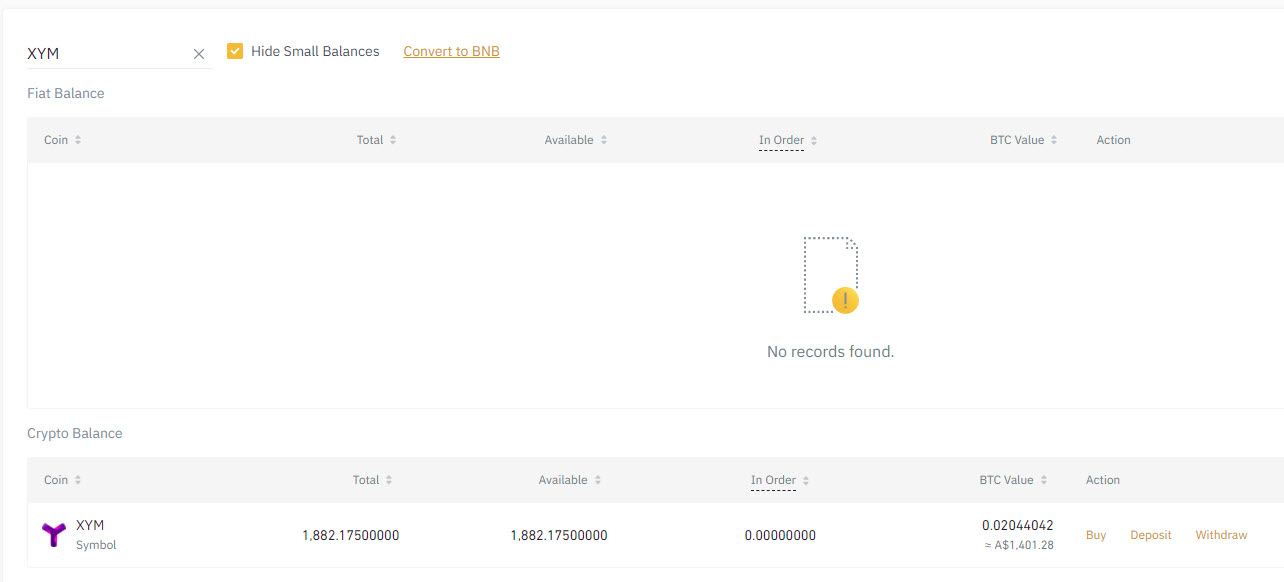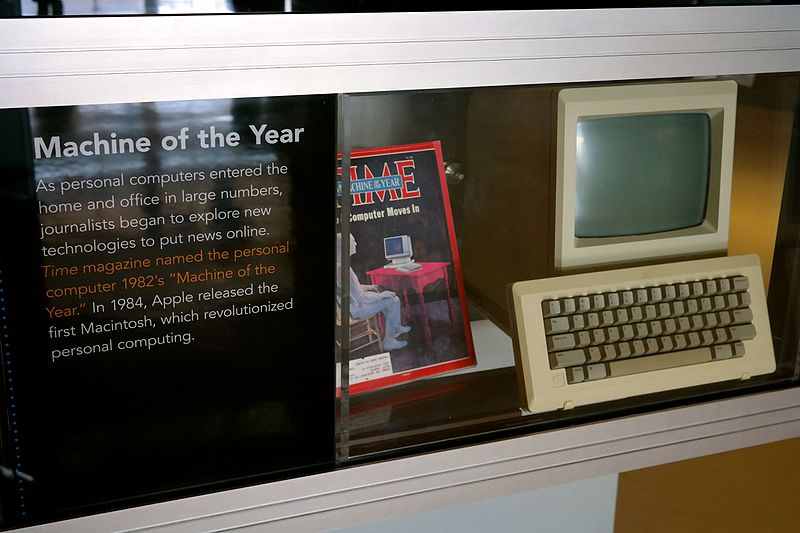Australian digital exchange BTC Markets has recently stated that the cryptocurrency market should be regulated in Australia, amid a surge in interest for currencies such as Bitcoin and other cryptos.
According to its CEO, Caroline Bowler, the crypto market in the country needs “regulatory oversight,” and a more clear infrastructure for crypto-companies.
Australia Needs to Keep Apace With Change
The Australian government has increased its focus on blockchain technology, following the calls from key players in the crypto industry for more government support on the matter.
As part of the Australian Blockchain Roadmap, the government allocated AU$6.9 million to conduct two blockchain pilot programs to demonstrate how to use this technology and expand business adoption.
While this comes in handy for leaders in the crypto-space, Bowler believes that the regulatory weather in Australia remains “unclear.” The fintech space is growing fast, and Australia needs to “keep apace of the change,” she added.
An “Outdated” Regulatory Environment
Bowler thinks that the regulatory infrastructure in Australia is “outdated” and only works for traditional markets. Accordingly, this closes the doors for prospective companies seeking to enter APAC countries.
A clearer regulatory environment could help Australia become a leader in financial technology and compete globally with countries like Singapore —which already made several advances with blockchain technology and regulating crypto-related activities. Besides, this could lay the groundwork for international projects coming into Australia.
“[…] I do think that regulatory clarity will help with other international projects/partners. We are looking forward to seeing what the Senate committee will be putting forward next month on this.”
Caroline Bowler [Twitter]
Not only crypto-exchanges are demanding a better environment and more support. Senator Andrew Bragg recently said the Australian Committee needs to consider the opportunities that digital assets and blockchain presents, which could also turn Australia into a leading country in finance and technology.
I fully expect the Committee to focus on removing more barriers to Australian growth as a technology and finance centre. […] This is a golden opportunity to bolster Australia’s economic growth, and I want to ensure we take full advantage.
Senator Andrew Bragg

